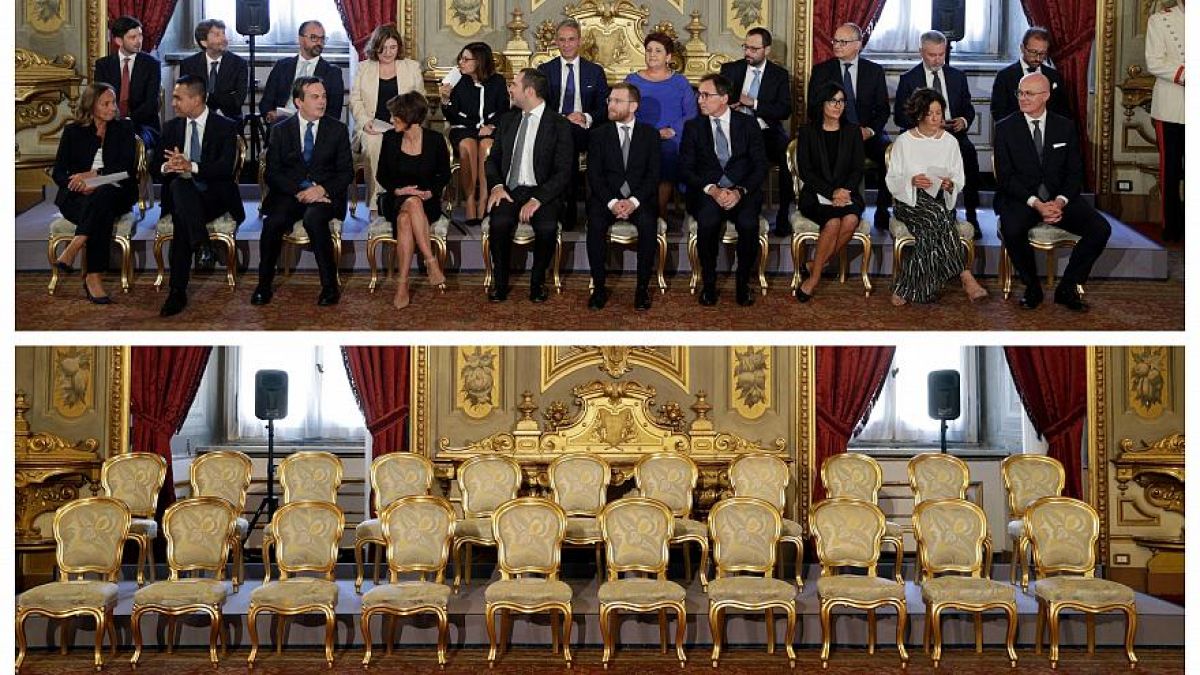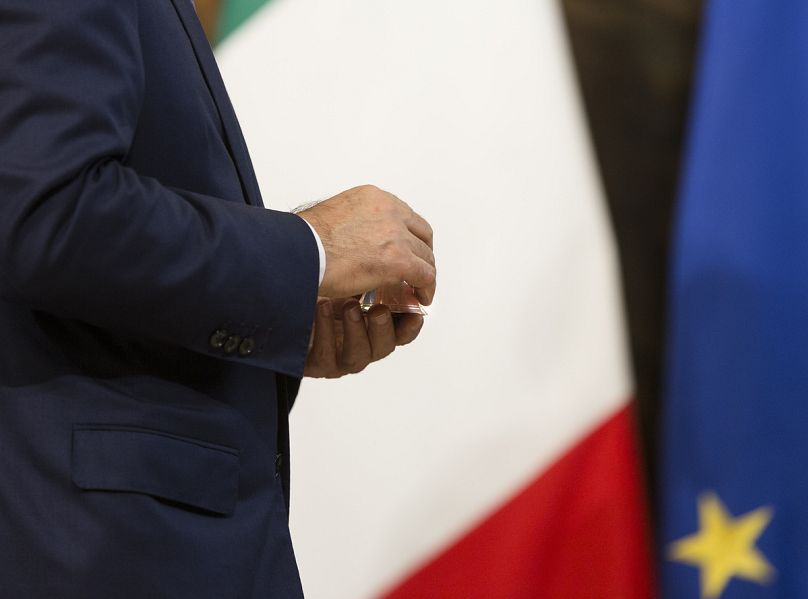The second government of Prime Minister Giuseppe Conte has nominated 42 deputy ministers and undersecretaries, yet 30 of them have no title.
The second government of Prime Minister Giuseppe Conte has nominated 42 deputy ministers and undersecretaries, yet 30 of them have not said what they will be doing.
A plethora of officials within various ministries still have no title and are politically powerless.
These politicians, who are paid €8,000 net per month (when they are not parliamentarians), still have no specific jurisdiction, five months after they have taken office. Furthermore, the issue concerns key ministries including those of foreign affairs, finance and economic development.
“If you nominate but do not appoint a role, the nomination has no rationale, the government is dysfunctional. If you do not want undersecretaries, you should not nominate them. You are admitting that the nomination is useless because you are admitting your powerlessness”, says Gaetano Azzariti, a constitutional expert at the University La Sapienza in Rome.
Is the revocation of road subsidies being discussed? Who should be entitled to access the dossier at the transport ministry, Roberto Traversi of the Five Star Movement or Salvatore Margiotta of the Democratic Party — members of two political parties with opposing views on the Benetton family and the way they manage Italy’s highways?
And amid the coronavirus outbreak, should the relevant file be on the desk of Five Star Movement’s Deputy Minister Pierpaolo Sileri or on that of undersecretary Sandra Zampa of the Democratic Party? “On both”, they say.
At the foreign ministry, in the absence of predetermined jurisdictions, all papers end up in the office of Foreign Minister Luigi Di Maio, which slowly sorts them out.
This is when a chokepoint occurs: with such slow procedures, for instance, “it is impossible to plan the participation to mid-level international summits that do not require the presence of the minister”, writes daily newspaper Il Foglio.
Pierpaolo Baretta (Democratic Party), one of the three undersecretaries at the Ministry of Economy and Finance holding no formal title, hopes his role will be published soon on the Gazzetta Ufficiale, the official journal of record of Italy’s government.
“The problem wasn’t raised much in the budget law — a relevant extenuating circumstance that has allowed us to avoid any issue until now”. So what do we do now? In terms of external dialogue, some problems start to rise.
“The lack of titles makes the debate with that external world made of businesses, trade unions, political parties more problematic … it’s clear, you can get to know people and you can overcome emergencies, but you cannot programme around single dossiers”, Baretta explains to Euronews.
At the Department for Relations with Parliament, Gianluca Castaldi (Five Star Movement) points out that “appointing a title [in Italy] is a bit complicated, but fortunately Simona Malpezzi from the Democratic Party and I divide our tasks in a friendly manner. Of course, I suppose that, in other ministries, undersecretaries with no role struggle to be as effective within their departments.”
What do undersecretaries and deputy ministers do?
Besides ensuring the correct functioning of the administrative machine, their most important function is to attend parliamentary committee meetings which cannot take place if a member of the government is not present.
Each time, however, they have to request “daily” titles to the minister or a person the minister trusts.
“History is full of fake titles, and sometimes you may be able to do things even without one. It certainly means that there is a clear problem within the government: people don’t trust one another, the coalition is dived”, says Giampaolo Galli of the Osservatorio Sui Conti Pubblici Italiani, the observatory of Italian public accounts.
"Titles are a priority to give stability to the ordinary administration of the government", Azzariti adds.
At times the situation reaches the absurd. For instance, Giancarlo Cancelleri is indicated as vice-minister on the Ministry of Transport website and also as undersecretary on the dedicated page of the government. The same goes for Pierpaolo Silleri at the Ministry of Health: he is reported as an undersecretary on Palazzo Chigi’s website and as a vice-minister on the one of the ministry.
In an interview, it emerges that it’s his colleague Zampa who appoints herself the title, even if there is no official act to formalise the procedure.
The appointment of titles does not depend on Prime Minister Giuseppe Conte, but on each minister (according to the law 23 August 1988, n. 400). Normally it takes a few weeks, but there are currently 30 people who are waiting for this to happen for five months. “They are warming up the seat they are sitting on, but they don‘t know what to do”, states a source that is very close to the Parliament.
Those undersecretaries who are also parliamentarians receive only a small economic supplement in addition to their parliamentarian salary; nonetheless, each of them surrounds themselves with assistants and secretaries who do nothing else but aggravating the costs for the community.
In the Ministry of Foreign Affairs, for example, a certain secretary has a yearly gross contractual remuneration of 50 thousand euros.
“If you don’t appoint titles, the government is more centralised. The minister has more power and no one can undermine him or her”, say rumour mills. “The political situation is schizophrenic”.

